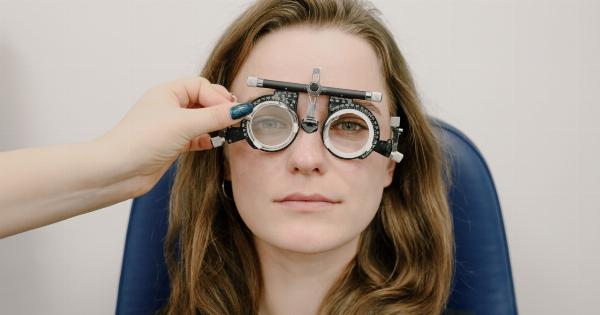In designated hospitals, nurses play a crucial role in providing quality healthcare to patients. To enhance their efficiency and effectiveness, many hospitals are now offering various add-ons for nurses.
These add-ons provide numerous advantages that not only benefit nurses but also positively impact patient care and overall hospital operations.
1. Advanced Training Programs
Designated hospitals often provide nurses with access to advanced training programs. These programs enable them to expand their knowledge and skills in specialized areas such as critical care, emergency medicine, pediatrics, or geriatrics.
Advanced training equips nurses with the necessary tools to handle complex cases and provide high-quality care to patients with diverse needs.
2. Professional Development Opportunities
Hospitals understand the importance of nurses’ professional growth and development. Therefore, they often offer various opportunities for nurses to attend conferences, workshops, and seminars.
These events help nurses stay up-to-date with the latest advancements in healthcare, learn new techniques, and network with peers. Professional development opportunities enhance nurses’ expertise, which directly translates into improved patient care.
3. Flexible Shift Schedules
Flexibility in shift schedules is another add-on advantage for nurses in designated hospitals. Hospitals often provide options for nurses to choose their preferred shifts, catering to their personal obligations and work-life balance.
Flexible scheduling reduces burnout among nurses, resulting in increased job satisfaction and better patient outcomes.
4. Supportive Work Environment
Designated hospitals strive to create a supportive work environment for their nurses. They implement initiatives that prioritize the physical and mental well-being of nurses.
This includes providing comfortable break areas, counseling services, and stress management programs. A supportive work environment enhances nurses’ job satisfaction, leading to increased productivity and a higher level of patient care.
5. Advanced Technological Tools
Technology is rapidly transforming the healthcare industry, and designated hospitals acknowledge the importance of integrating advanced technological tools.
They provide nurses with access to state-of-the-art medical equipment, electronic health record systems, and other technological solutions. Such tools streamline workflows, reduce administrative tasks, and enable nurses to focus more on direct patient care.
6. Collaborative Team Approach
In designated hospitals, a collaborative team approach is encouraged. Nurses work closely with physicians, therapists, and other healthcare professionals to deliver comprehensive care to patients.
This interdisciplinary collaboration fosters a holistic approach to healthcare delivery and ensures that patients receive the best possible treatment and support.
7. Peer Recognition and Rewards
To motivate and appreciate nurses’ hard work, designated hospitals often have programs in place that recognize their achievements. These programs may include awards, bonuses, or other forms of incentivization.
Peer recognition and rewards cultivate a positive work environment and enhance nurses’ morale and motivation, ultimately benefiting patient care.
8. Educational Reimbursement
Many designated hospitals offer educational reimbursement programs to support nurses who want to pursue further education. These programs often cover a portion of the tuition fees for nurses pursuing advanced degrees or specialized certifications.
Educational reimbursement helps nurses enhance their knowledge and skills while fostering a culture of continuous learning within the hospital.
9. Research Opportunities
Designated hospitals understand the importance of research in advancing healthcare practices. They provide nurses with opportunities to participate in research projects or collaborate with researchers.
Engaging in research allows nurses to contribute to the development of evidence-based practices and promotes a culture of innovation within the hospital.
10. Leadership and Career Growth
Hospitals recognize the potential for leadership among their nursing staff. Many designated hospitals offer leadership development programs for nurses who aspire to take on managerial or administrative roles.
These programs equip nurses with the necessary skills to lead teams, make informed decisions, and contribute to the overall growth and success of the hospital.
Conclusion
Add-ons for nurses in designated hospitals provide significant advantages that enhance their professional growth, well-being, and the quality of patient care.
From advanced training programs to leadership opportunities, these add-ons empower nurses to excel in their roles and contribute to the overall success of the hospital. By prioritizing nurses’ needs and recognizing their valuable contributions, designated hospitals create a positive work environment that ultimately benefits both nurses and patients.





























